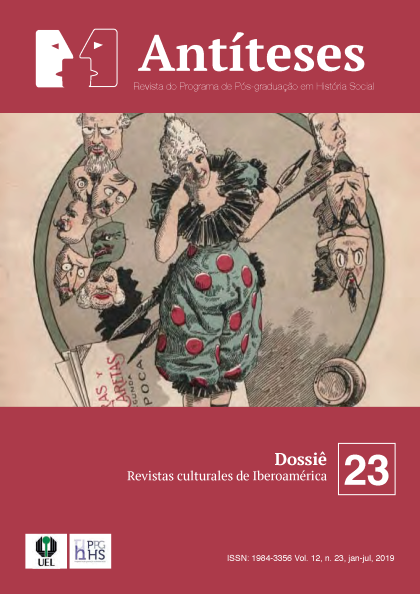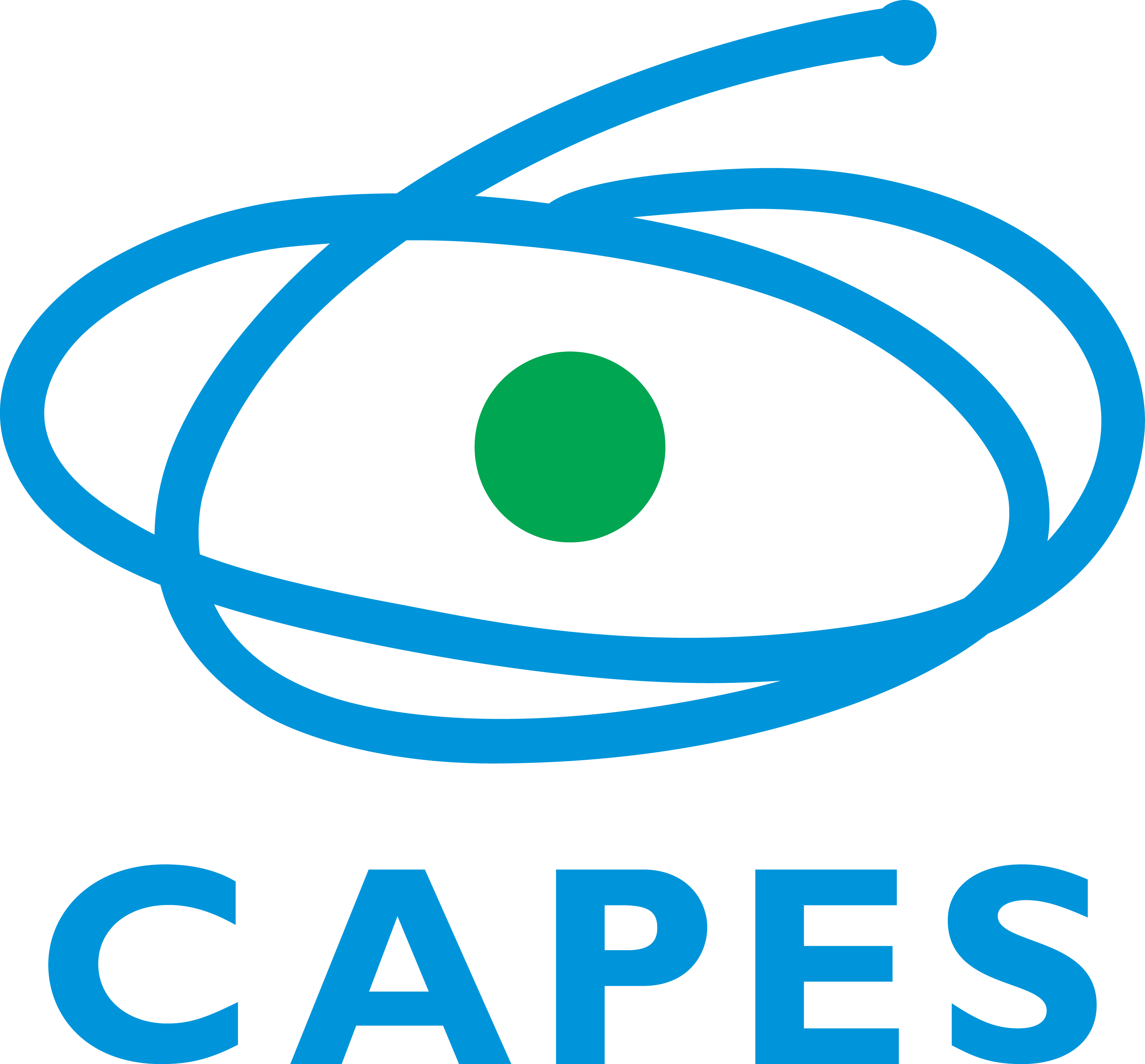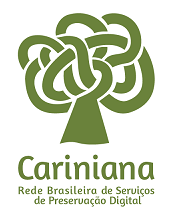The concept of human dignity in Cuba's legal and socio-political reality
DOI:
https://doi.org/10.5433/1984-3356.2019v12n23p758Keywords:
Cuba, Human dignity, José Martí, Marxism, Fidel CastroAbstract
This article aims at giving a detailed explanation of the abstract notion of human dignity in the Cuban revolution. It takes into account both legal and socio-political aspects in order to provide a full picture of the subject. The article has a short historical background as a starting point, in which it will be explained how José Martí's words, that are part of the Constitution's Preamble, were embedded in the Constitution of 1976. Amongst the three most prominent heroes of revolutionary Cuba are (A&E TELEVSION NETWORKS, 2018): José Martí, Ernesto Ché Guevara and Fidel Castro Ruz , therefore, some explanation will be given on their notion of dignity, too. Furthermore, it describes how the concept of human dignity is interpreted and how it is implemented by the Cuban revolutionary government and judicial system. The article comes to the conclusion that there are three ways in which Cuba has implemented Martí's notion of dignity: through the principles of sovereignty, equality and the development of an alternative political system.
Downloads
References
ACOSTA, Alberto. Otra economía para otra civilización. Temas, La Habana, n. 75, p. 21 - 28, jul./sep. 2013.
AGRAMONTE, Roberto. Marti y el mundo de lo colectivo. Revista de la Universidad de la Habana, La Habana, CU, n. 277, p. 66 - 82, 2014.
ALMENDROS, Hermino. Ideario pedagógico Jose Marti: selección e introducción. La Habana: Centro de Estudios Martianos, 2015.
CONSEJO DEL PARTIDO COMUNISTA DE CUBA. Acuerdo del Consejo de Ministros y del Buró Político del PCc, de 22 de octubre de 1974, nombrando una Comisión Mixta del Partido y del Gobierno encargada de preparar y redactar el Anteproyecto de Constitución. Gaceta Oficial Extraordinaria, n. 13, de 23 de octubre de 1974.
BYRON, Christopher. A Marxian concept of human nature in defense of alienation: a revolutionary exegesis of a revolutionary philosophy. 2012. (Honors in the Major Program in Philosophy) - University of Central Florida, Orlando, 2012.
CASTRO, Fidel. Dialogue among civilizations. Habana: Oficinas de Publicaciones del Consejo de Estado, 2007.
CASTRO, Ruz Raul. Proclamación de la Constitución celebrado en el teatro Carlos Marx, de La Habana, el día 24 de febrero de 1976. Revista Cubana de Derecho, [S.l.], n. 11, p. 125 - 140, ene/jun. 1976.
CORNU Auguste. Carlos Marx & Federico Engels. Habana: Instituto del Libro 1967.
DE ARMAS Ramon. Jose Marti Froger of peoples. Habana: Centro de Estudios Martianos, 2003.
EMRAKOVA Alicia; VOLKOV Ratnikov. ¿Que Son las Clases y la Lucha de Clases?. Moscú: Editorial Progreso, 1986.
FALK, Pam; MILAGROS, Gavilan; TORRAS, Anna. Cuba's Constitution of 1976 with Amendments through 2002. Oxford: Oxford University Press, 2018.
FORGACS, David. The Gramsci reader selected writings 1916-1935. New York: University Press, 2000.
FREIRE, Paulo. Pedagogy of the Oppressed. Mexico City: Continuum International Publishing Group, 2005. First published Pedagogia del Oprimido.
GUEVARA, Ernesto. Man and Socialism in Cuba. Havana: Guairas Book Institute, 1967. First published El Socialismo y El Hombre en Cuba.
HERNANDEZ, Yan Guzmán. La dignidad como "Ley primera de nuestra República" y "con todos y para el bien de todos": dos deberes dialécticos desde la axiología martiana en la Constitución cubana. Revista Derecho del Estado, Colombia, n. 34, p. 127 - 151, ene./jun. 2015.
KRAPIVIN, Krapivin. ¿Qué es el materialismo dialéctico?. Moscú: Editorial Progreso, 1985.
LENIN, Vladimir. El estado y la revolución. Moscú: Editorial Progreso, 1977. (Obras escogidas en doce tomos, t. 7).
LEVECHENKO, T. Los pueblos de la URSS y Cuba marcharan siempre juntos: documentos sobre la amistad Soviético-Cubano. Moscú: Ediciones Pravada, 1963.
MOLINA, Ernesto. Devenir del modelo economico socialista. Habana: Editorial de Ciencias Sociales, 2016.
NOVACK, George. Introducción a la lógica: lógica formal y lógica dialéctica. Barcelona: Editorial Fontamara, 1979.
ORRILLO, Winston. Martí y Mariátegui: literatura, inteligencia y revolución en América Latina. Habana: Centro de Estudios Martíanos, 2011.
PALOS Ana; GONZALEZ, José Luis. Cuadernos de la cárcel Antonio Gramsci. México: Ediciones Era, 1984.
PINO, Alicia. Martí Miradas de fin de siglo. Habana: Editorial José Martí, 2015.
RODRIGUEZ, Carlos. Jose Marti, contemporáneo y compañero. Revista de la Universidad de la Habana, La Habana, CU, n. 277, 2014. p. 82 - 104.
RUMIANSTEV, Aleksei. Comunismo científico: diccionario. Moscú: Editorial Progreso, 1981.
SIERRA, Jerry. José Martí: apostle of Cuban Independence. 2015. Desponible en: http://www.historyofcuba.com/history/marti/marti.htm. Accessed: 2 Jul. 2018.
TABIO, Fernando Álvarez. Política y legalidad. La Habana: Ciencias Sociales, 1977. P. 130 - 148.
VAN HERPEN, Marcel. Marx and Human Rights: analysis of an ambivalent relationship. Maastricht, Holanda: Cicero Foundation, 2012. (Great Debate Paper, 4).
Downloads
Published
How to Cite
Issue
Section
License
Copyright (c) 2019 Antiteses

This work is licensed under a Creative Commons Attribution 4.0 International License.
The journal reserves the copyright on the contributions published, without material compensation for the author, and may make them available online in Open Access mode, through its own system or other databases; you can also make normative, orthographic and grammatical changes in the originals, in order to maintain the cultured standard of the language, with the final consent of the authors. The opinions expressed by the authors are their sole responsibility.










